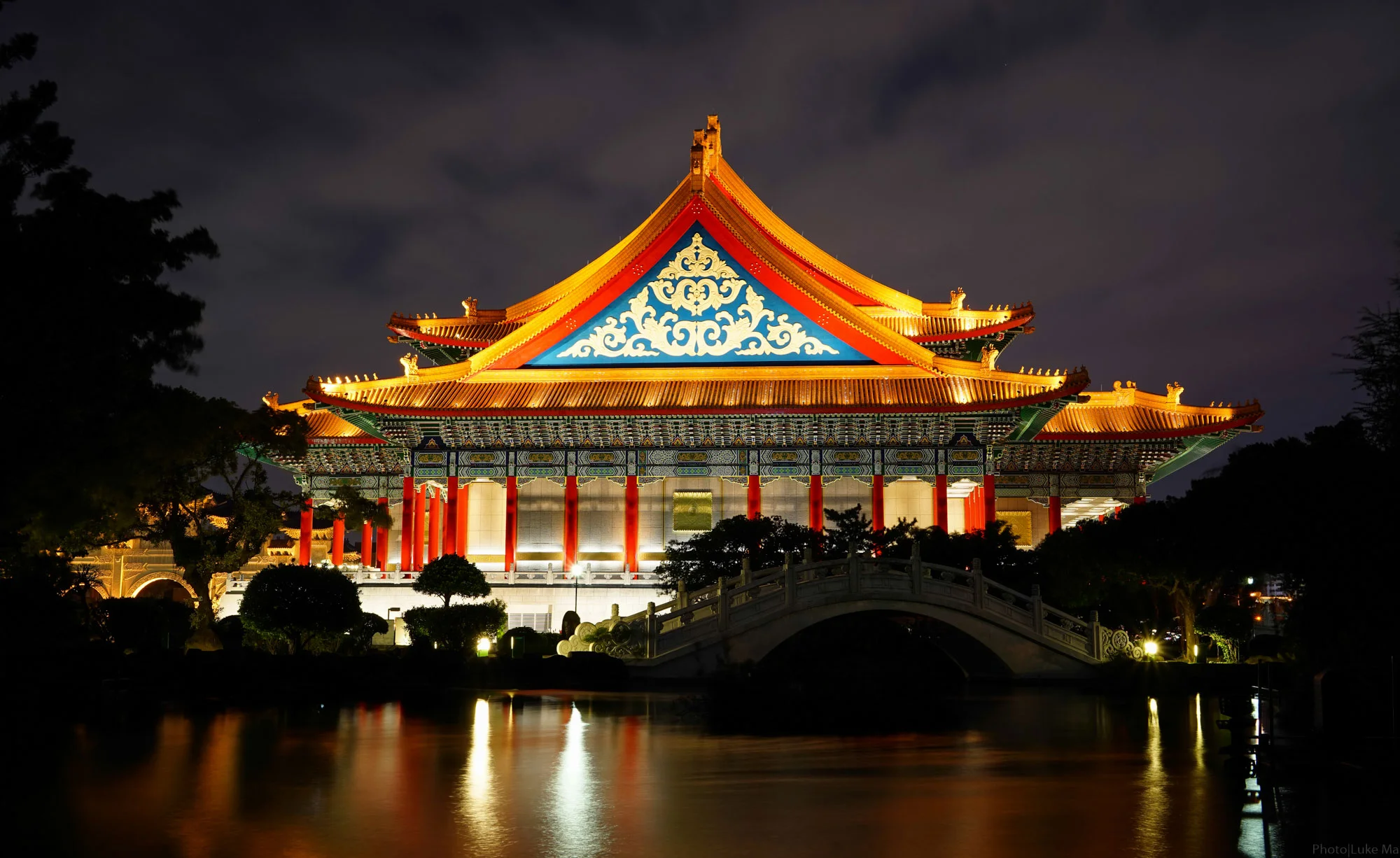By Patricia Keegan
After China’s Civil War in 1949 between the Communist Party and the ruling Kuomintang Party, the Kuomintang’s moved their government to Taiwan, keeping the name Republic of China ( ROC), and on the mainland the Communist Party declared the establishment of the People’s Republic of China (PRC). Since that time, there have been no cross strait talks between the two parties with as much significance as the recent breakthrough.
The historic meeting was held Tuesday, February 11. The talks took place between two government officials, each representing his own country, in the eastern Chinese city of Nanjing, where Wang Yu-chi, Taiwan’s Mainland Affairs Minister met with mainland China’s Taiwan Affairs Office minister Zhang Zhijun. They met in formal talks to begin the process of creating a structure of communication to handle “cross strait relations.”
This is a major breakthrough after such a long period of indirect communication, and perhaps it is reflection of a more progressive leadership in both countries.
China's Xi Jingping has been in office more than a year, but the jury is still out on his leadership -- is he the reformer all hoped for, or is he a pragmatist? There have been conflicting reports, but one thing is certain -- he wants to keep the engine of his economy running smoothly.
President Ma Ying-jeau, since becoming president of ROC (Taiwan) in 2008, has fostered links with the mainland through economic investment. He set about improving cross strait relations under the principle of no unification, no independence, and no use of force, following the framework of the ROC Constitution and the 1992 Consensus, an understating that there is only one China, with each having its own understanding of what it means.
In a quote in the Washington Post in October, President Ma said, in an interview, that he wanted to improve ties further, talking about a “virtuous circle” that has yielded enormous benefits and elevated Taiwan’s international standing. He was commended in the international community for breaking the deadlock on official communication between the two sides. President Ma’s popularity in the polls has been slipping the past couple of years and some of this can be attributed to the deep divisions in the populace. Some are pro-cooperation, the remainder are pro-independence and a continuation of the status quo. So Ma has some major challenges to breach before new elections in 2016.
For talks to succeed, there have to be building blocks of trust and credibility between the sides, but with 1200 missiles pointing at Taiwan from the mainland, it is hard for an outside observer to speculate on where the foundation of trust will sprout. If President Ma stands steadfastly behind the three principals he established for cross-strait relations -- no independence, no unification, no use of force -- and follows the framework of ROC’s Constitution, while retaining the strength of its fully functioning democracy, including the values of liberty, then the talks could prove a benefit to both sides.
Using dialogue to resolve conflict and release tensions reaches as far back as the Acropolis and the foundation of Greece and the flourishing of Greek philosophy, and although we don’t see as much dialogue between conflicting countries, or political parties, as we should in this 21st century, it always brings new hope, as the civilized way to solve problems.
National Concert Hall photo by Luke Ma.



